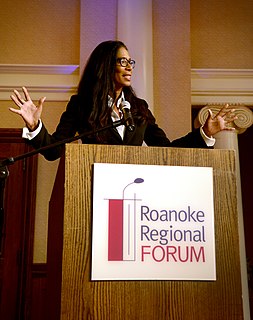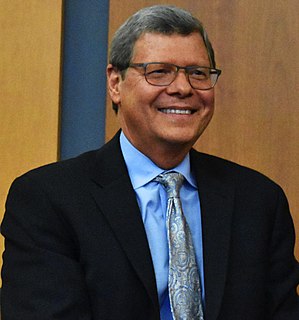A Quote by Brian Deese
There's a whole process of how the U.S. enters into executive agreements, which involves a legal component, a legal analysis of the agreement, as well as a review by executive branch agencies and otherwise.
Related Quotes
People assume that the executive branch has more power than it actually has. Only the legislative branch can create the laws; the executive branch cannot create the laws. So, if the executive branch tries to create a branch one side or the other... you go back to the founders of the nation. They set up a system that ensures that it doesn't happen.
In recent years, Republicans have argued that Congress is a more responsible policymaker than the executive branch. But when it comes to regulation, Congress is often much worse, and for just one reason: Executive agencies almost always focus on both costs and benefits, and Congress usually doesn't.
The international human rights framework is a vital component and engine for promoting global values. Governments have signed up to this international legal framework and we should hold them accountable, in all circumstances from environmental or labour standards, to trade talks, arms control and security issues as well as other international legal codes.
Thanks to presidential immunity and executive control of the Justice Department, there are no consequences to executive branch lawbreaking. And when it comes to presidential lawbreaking, the sitting president could literally strangle someone to death on national television and meet with no consequences.
































